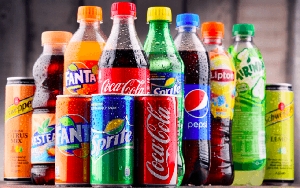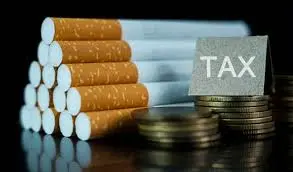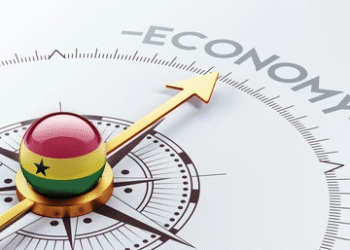As Ghana navigates its mid-year budget considerations, one of the most forceful voices in the national policy discourse is Vision for Accelerated Sustainable Development Ghana (VAST Ghana).
The think tank is calling on the Ministry of Finance to not only uphold but potentially increase existing excise taxes on tobacco, alcohol, and sugar-sweetened beverages (SSBs). Their call comes amid mounting concerns over the growing burden of non-communicable diseases (NCDs), which are taking a severe toll on the nation’s public health and economy.
VAST Ghana’s proposal centers around the Excise Duty Amendment Act, 2023, which introduced a streamlined and impactful taxation system for harmful products. The Act, developed in line with ECOWAS directives and WHO’s “best buy” interventions, instituted a 20% excise tax on SSBs, 47.5% on beer, 25–47.5% on wines and spirits, and a hybrid system for tobacco products.
Before the reform, Ghana’s tobacco tax share was a mere 22–28% of the retail price, falling well below the World Health Organization’s recommended 75%. The updated framework has helped the Ghana Revenue Authority (GRA) improve tax collection efficiency and align with global standards.
The revenue impact has been described as “dramatic.” In 2023, excise revenue from SSBs surged to GHS 1,325.6 million, up from GHS 735 million in 2022. Tobacco taxes alone increased by 106%, rising from GHS 220.8 million to GHS 454.5 million within a year, despite existing waivers on ECOWAS tobacco imports. Altogether, the combined revenue from alcohol, tobacco, and SSBs exceeded GHS 1.5 billion, surpassing initial projections.

Combating the NCD Crisis
The economic argument for these taxes is underscored by the urgent public health crisis. According to VAST Ghana, NCDs now account for 45% of all deaths in Ghana, with premature adult mortality (ages 30–70) at 21%, exceeding global averages. Consumption of tobacco, alcohol, and sugary drinks are leading drivers of this crisis, contributing to increased healthcare costs and reduced national productivity.
WHO data cited by VAST Ghana reveals that over 37,000 deaths annually in Ghana are alcohol-related. The modeling further shows that a 20% excise tax hike on tobacco could cut consumption by 26.6%, generate an additional GHS 131 million, and prevent 34,600 deaths. Similarly, an uplift in alcohol tax could reduce intake by 7.6%, raise GHS 2.4 billion, and avert 44,000 deaths over a century, while a 20% SSB tax could result in GHS 1.0 billion in revenue and 155,000 lives saved over the same period.
Dismissing Industry Pushback
Despite pushback from industry players warning of potential job losses, reduced investment, and illicit trade, VAST Ghana insists the evidence from Ghana does not support these claims. Instead, they argue that rolling back these taxes would be detrimental, both fiscally and in terms of public health.
“Any reduction or downward review of the Excise Tax will have a huge setback on the government’s flagship program, the Ghana Medical Trust Fund,” warned Labram Musah, Executive Director of VAST Ghana. “It could lead to a surge in NCD cases and threaten the Fund’s sustainability.”
Recommendations to the Ministry of Finance
To maintain progress and protect public health, VAST Ghana is urging the Ministry of Finance to take a firm stand. Their key recommendations include:
- Maintain or increase excise taxes on tobacco, alcohol, and SSBs.
- Allocate part of the revenue to the Ghana Medical Trust Fund to fund NCD-related health interventions.
- Index excise taxes to inflation to preserve their real value and ensure long-term fiscal responsibility.
- Strengthen enforcement mechanisms to combat illicit trade and ensure compliance.
- Implement ongoing monitoring and evaluation of tax impacts to guide future policy decisions.
One of the most compelling arguments made by VAST Ghana is that excise taxes are progressive in health outcomes. “Lower-income and vulnerable populations benefit the most in health terms,” the group asserts, “as they show the greatest reduction in consumption when prices rise.” This not only reduces national health inequalities but also affirms the excise policy’s alignment with Ghana’s broader social equity goals.
READ ALSO: Nigeria’s Gas Output Rises as NNPCL Reports N905bn Profit in June























